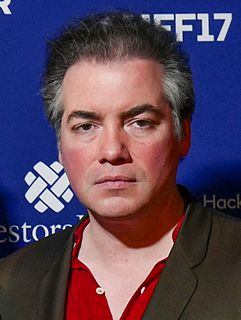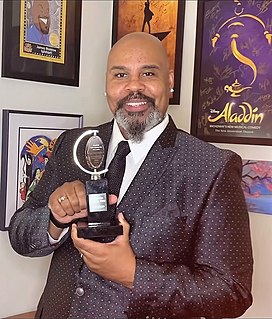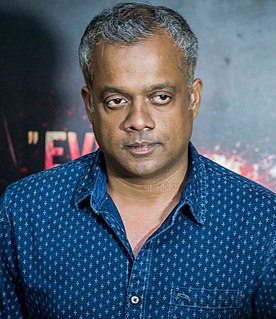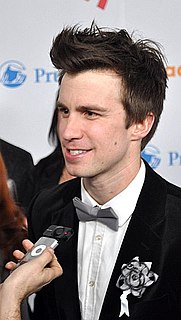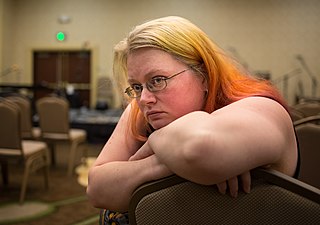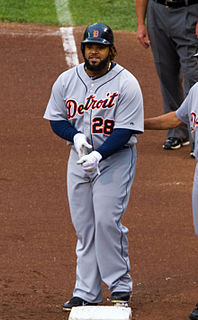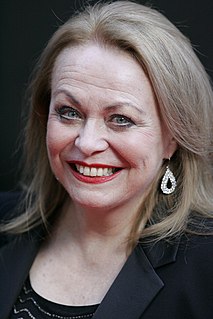A Quote by Simon Pegg
There are a lot of visual marks that have to be hit, and lines that need to be said in a right way - so there wasn't really any improvisation on the set when it came to the bulk of the script.
Related Quotes
I remembered getting the script for the auditions [of Aladdin], I had asked someone there if improvs were allowed, and he said everyone is sticking to the script. I said to myself that they are either going to love me or hate me. I was crossing out lines and throwing in my own lines. I went into the room and started doing things. They were like, "This boy is nuts! We should keep him." That's how it all came about.
The whole visual language of the movie is developed way before we get to set. Especially when you're doing visual effects and you don't have a lot of money to mess around, which we didn't, you have to really preplan everything. Pretty much every shot in the film was figured out months before we got to set.
Any good movie or script usually, if they're doing their job, gives the highest platform possible for an actor to leap off of, and that script was very high up there. It was a very smart, tight script. There was a lot of improv, as well, once we got to the set, but a lot of the original script was also in there.
There's a way of thinking that comes with being an editor that is incredibly useful on the set. It's not just a vocabulary thing or a right-to-left thing or script supervisor stuff. It's a way of thinking about the film and the shots and the way they fit together, what you need and what you don't need, and what you can get away with if you have to.
I just like voicing films in general. I do a lot of documentary work and it's a short hop really to narrating a character, especially if you're on film and you're there in a visual way. It sounds obvious, but voicing an animation really focuses you on the way that you're communicating through your voice. It's a very specific ability that you need to be able to have in order to pitch it just right.
I was really proud to be in that show. I will never forget. I got the script to 'Millie,' and I'm flipping through the script and saying, 'Boy, I have some lines... I have a big song.' I was 25 years old and had never been on Broadway before. I got to the end of the script, and I was really nervous and excited. I realized I had a lot to do.
What happened?” she breathed, staring at me. “I got hit in the face with a pie,” I said. Mags stopped, blinking. “You got...hit in the face with a pie,” she repeated. “I...what? I’m sorry, but I’ve been in charge of this Library for a long time. I’ve seen a lot of really ridiculous things. I lived in Wales. And there is no way being hit with a pie should have turned you human.” “It was a really evil pie,” I said.
When I first started swinging a bat, I swung righty. So one time, my dad came home, and he wanted to see my batting stance. So I showed him. He says, 'You don't hit right-handed. You hit left-handed.' At that age I didn't even really think about it. Just like 'all right,' and I switched hands. He said I'd thank him later.
The way I pick movies is, first, if the script is any good. Then, if the script is good, who else is in it, the director, the producer, all that. If you have all that, there's a chance the movie will be great. If the script isn't right, or the director or cast isn't right, you've got no shot in hell.
I've had lots of good career advice over the years. I've learned that you must always arrive knowing your lines, you must hit your marks, you must be punctual and cheerful and kind. I'm always irritated with young people who misbehave and young actors who are temperamental. I don't think there's any need for it.
Improvisation, the main thing is it teaches you to be in the moment and present in the moment and be reactive and proactive for what's going on. Someone gives you something - a lot of actors are a little shut off, so they're just doing, "This is my character, these are my lines, I'm going to just send it to you then you send whatever you're sending." Improvisation teaches you to really be listening.

